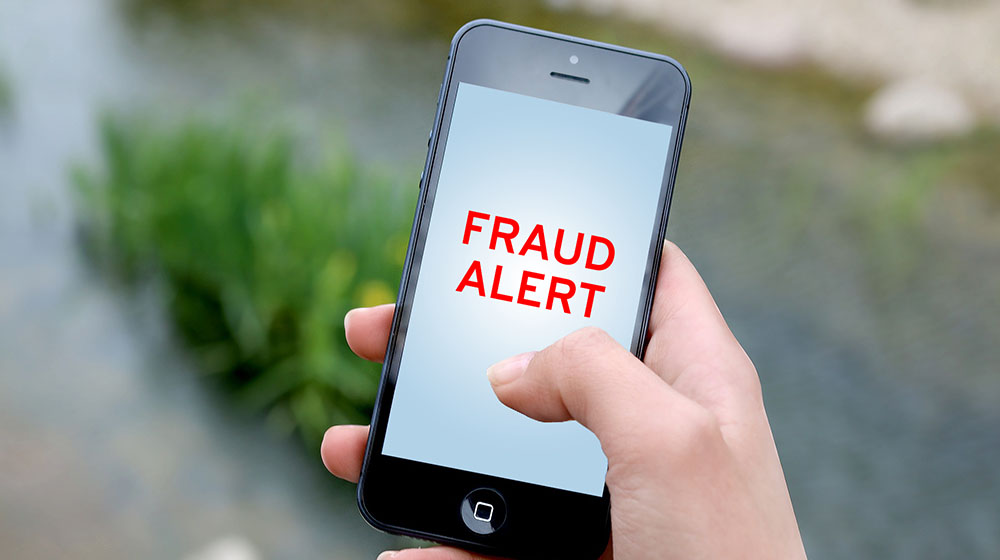Scammers are becoming ever more sophisticated, and we want to alert you to beware of recent telephone spoofs. Some of our members have received calls that appear to be coming from Freedom Credit Union’s Fraud Department. Fraudsters have “spoofed” the phone number so that “Freedom Credit Union” appears in the caller ID. The callers ask members to provide their detailed debit card information, which they then use to make multiple purchases. Our Fraud Department notices the unusual activity and contacts members, which is when they realize, too late, that they have been scammed.
Most of the fraudulent purchases we are seeing appear to originate in Texas. We are working with law enforcement to investigate how our members are being targeted, but we want to remind you to be aware of these and other types of scams so you can protect yourself.
What Should I Do If I Receive a Suspicious Call?
We will never ask you to provide protected account information via telephone or email. This includes user IDs, passwords, security codes, account numbers, or any other personal or account information. If you receive a request like this, hang up the phone and contact our Call Center immediately at 1-800-821-0160.
We also encourage you to check our online Security Center regularly for fraud alerts and scam notices. We want to help keep you one step ahead. If you are concerned about any communication you receive from us at any time, please call us directly at 1-800-821-0160 or visit one of our branches.
What Is Spoofing?
Spoofing occurs when a caller disguises their identity. In some cases, they will even text you a “security code” on your phone that looks like it is from your financial institution. The caller will ask you for this security code, claiming to use it to verify your identity. The security code then gives the scammer full access to your accounts.
Other common spoofing scams include calls that appear to come from local fire or police departments asking for donations, or calls targeting storm victims offering aid and asking for personal information. Legitimate businesses and charities will not ask you to divulge account information, passwords or personal information via phone, email or text, so if you receive such a request, you should refuse and report it.

